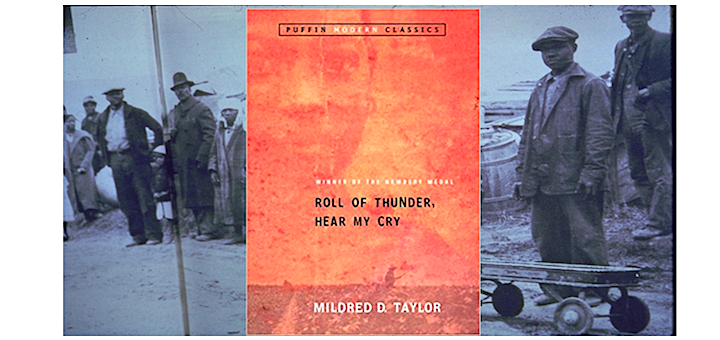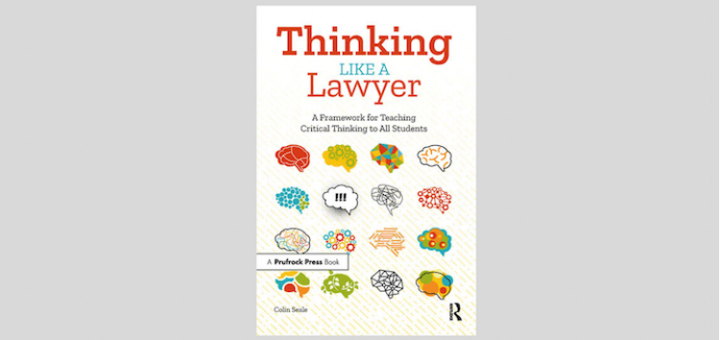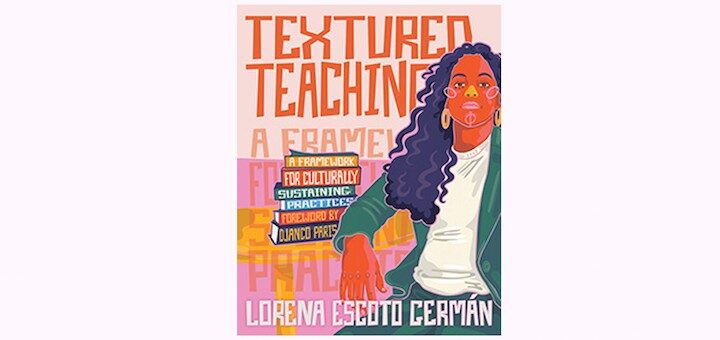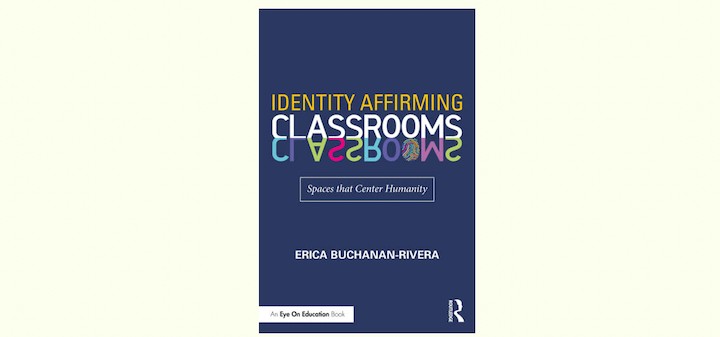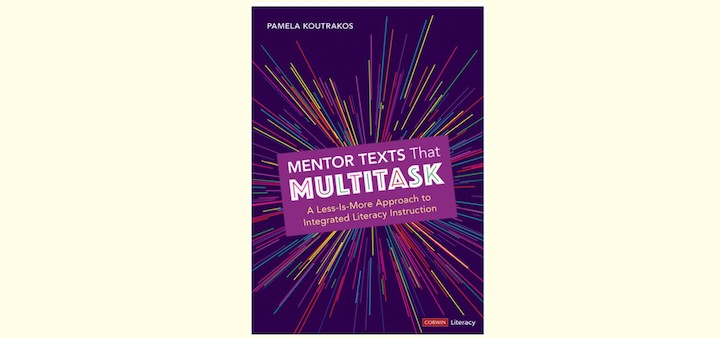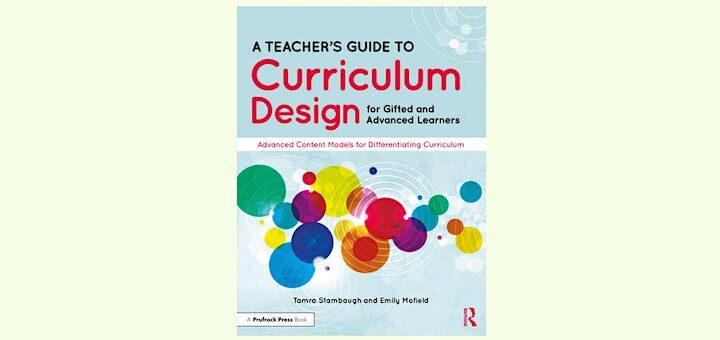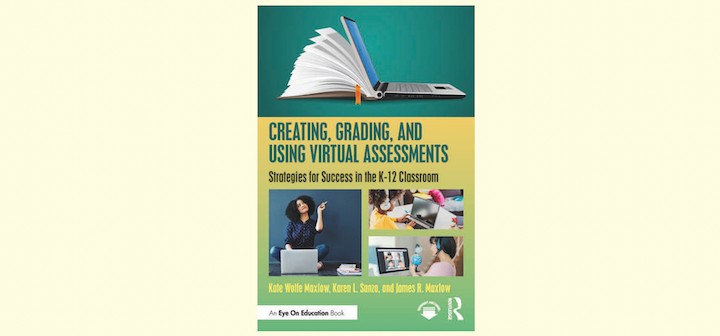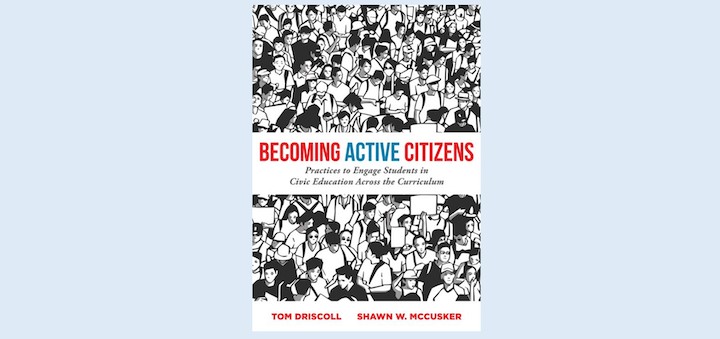Connecting Local History with Historical Fiction
How might lessons connect local history and historical fiction? Katie Durkin and her 7th grade team are partnering with the Wilton CT historical society to engage students in a project that raises awareness about how fiction writers use history to tell authentic stories.

